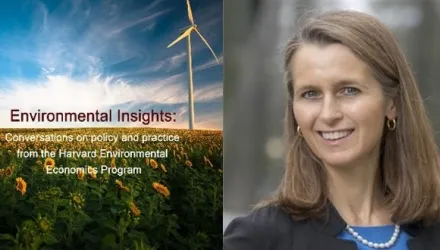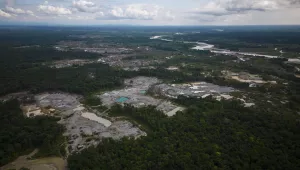
Overview
The Harvard Project on Climate Agreements has released a volume of fifteen briefs examining approaches to international cooperation in East Asia to address climate change. Most authors were participants in a research workshop conducted by the Harvard Project on September 27, 2017, and the volume builds upon the discussions in that forum. Authors are social scientists (economists, political scientists) and legal scholars who have studied climate-change policy, plus several policy practitioners. They are based in Japan, New Zealand, the People’s Republic of China, the Republic of Korea, the Republic of Singapore, the United Kingdom, and the United States. The agenda and list of participants for the workshop – as well as a more detailed description of the event — are available here.
The volume begins with four briefs describing the status of domestic climate-change policy in China, Japan, and Korea — in some cases with examinations of how international collaboration might evolve on the basis of these domestic policies. The remainder of the volume is organized around the provisions of the Paris Agreement’s Article 6, which is intended to facilitate international cooperation to address climate change. The second major section of the volume deals with linkage between and among policy systems — corresponding to (and likely enabled by) Article 6.2. The last major section addresses non-market and modified-market approaches to cooperation, which are mandated by Article 6.8 of the Paris Agreement.
The Harvard Project on Climate Agreements is grateful to the Harvard Global Institute, which provided funding for both the workshop and the preparation of this volume. The Institute supports research initiatives that deepen Harvard University’s international engagement and promote University-wide scholarship to address pressing global challenges, such as climate change, migration, and urbanization. The Harvard Project also thanks Harvard Center Shanghai — which collaborates closely with HGI — for hosting the workshop and providing a venue that contributed greatly to the success of the event.
Stavins, Robert N., and Robert C. Stowe, eds. International Cooperation in East Asia to Address Climate Change. Cambridge, Mass.: Harvard Project on Climate Agreements, February 2018.






